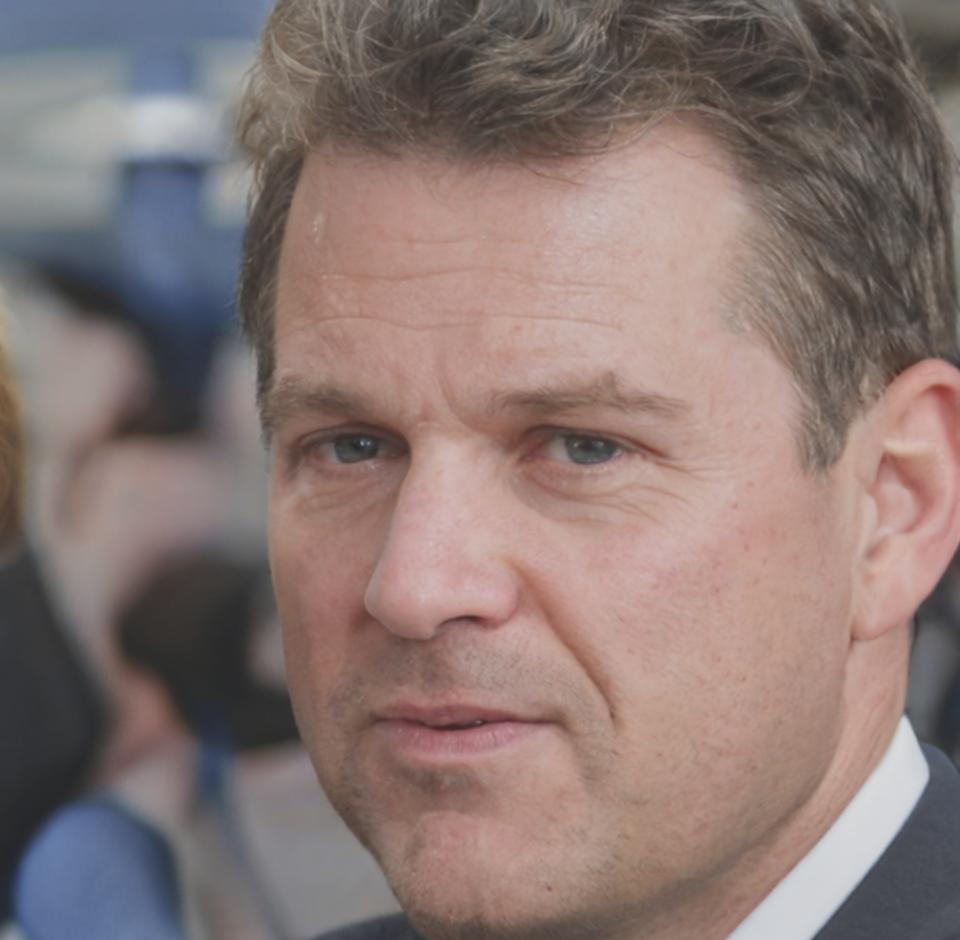Master Your Monthly Budget Like Never Before
Transform chaotic spending into strategic financial planning with our comprehensive budgeting platform. Learn proven techniques that actually work for real people with real expenses.
Start Learning TodayCompare Budgeting Approaches
Not all budgeting methods work for everyone. Here's how different strategies stack up against real-world financial challenges.
50/30/20 Method
Simple percentage-based approach that works well for steady incomes. Allocates 50% for needs, 30% for wants, and 20% for savings. Best suited for beginners who need clear structure.
Zero-Based Budget
Every pound gets assigned a purpose before you spend it. Requires more planning but gives you complete control over where your money goes. Popular with debt-reduction enthusiasts.
Envelope System
Physical or digital envelopes for each spending category. When the envelope is empty, you're done spending in that category. Great for people who overspend on discretionary items.
Pay Yourself First
Automatically save and invest before paying any bills or expenses. Works brilliantly for long-term wealth building but requires careful cash flow management.
Your Budgeting Journey Timeline
Understanding how budgeting skills develop helps set realistic expectations and keeps you motivated through the learning process.
Month 1-2: Foundation Building
Track expenses without judgment, identify spending patterns, and choose your primary budgeting method. Most people find surprising insights about their spending during this phase.
Month 3-4: System Implementation
Begin following your chosen budget method consistently. Expect some trial and error as you adjust categories and amounts based on real spending data.
Month 5-6: Habit Formation
Budgeting becomes more automatic. You'll start making better spending decisions without constant reference to your budget. Emergency fund growth becomes noticeable.
Month 7+: Advanced Optimization
Fine-tune your approach, explore investment opportunities, and help others with their budgeting questions. Financial stress decreases significantly.
Common Budgeting Questions
Real questions from people just starting their budgeting journey. These come up repeatedly in our community discussions.
Learn from Experienced Financial Educators
Our instructors have helped thousands of people develop sustainable budgeting habits. They understand the real challenges you face and offer practical solutions that work in everyday life.

Marcus Chen
Lead Budget Strategist
Former debt counselor who specializes in helping families break the paycheck-to-paycheck cycle through practical budgeting systems.

David Thompson
Personal Finance Coach
Certified financial planner who teaches the psychology behind spending decisions and sustainable money management habits.
Ready to Take Control of Your Finances?
Join our comprehensive learning program starting in September 2025. Build budgeting skills that last a lifetime, not just a few weeks.
View Program Details Common QuestionsWhy Our Approach Works
We focus on building sustainable habits rather than quick fixes. Our methods are tested by real people with real financial challenges.
Real-World Testing
Every technique we teach has been used successfully by our students in actual financial situations, not just theoretical scenarios.
Flexible Methods
Learn multiple budgeting approaches so you can adapt when life changes. No single method works for everyone all the time.
Step-by-Step Guidance
Clear progression from basic expense tracking to advanced financial planning. You'll never feel overwhelmed or lost in the process.